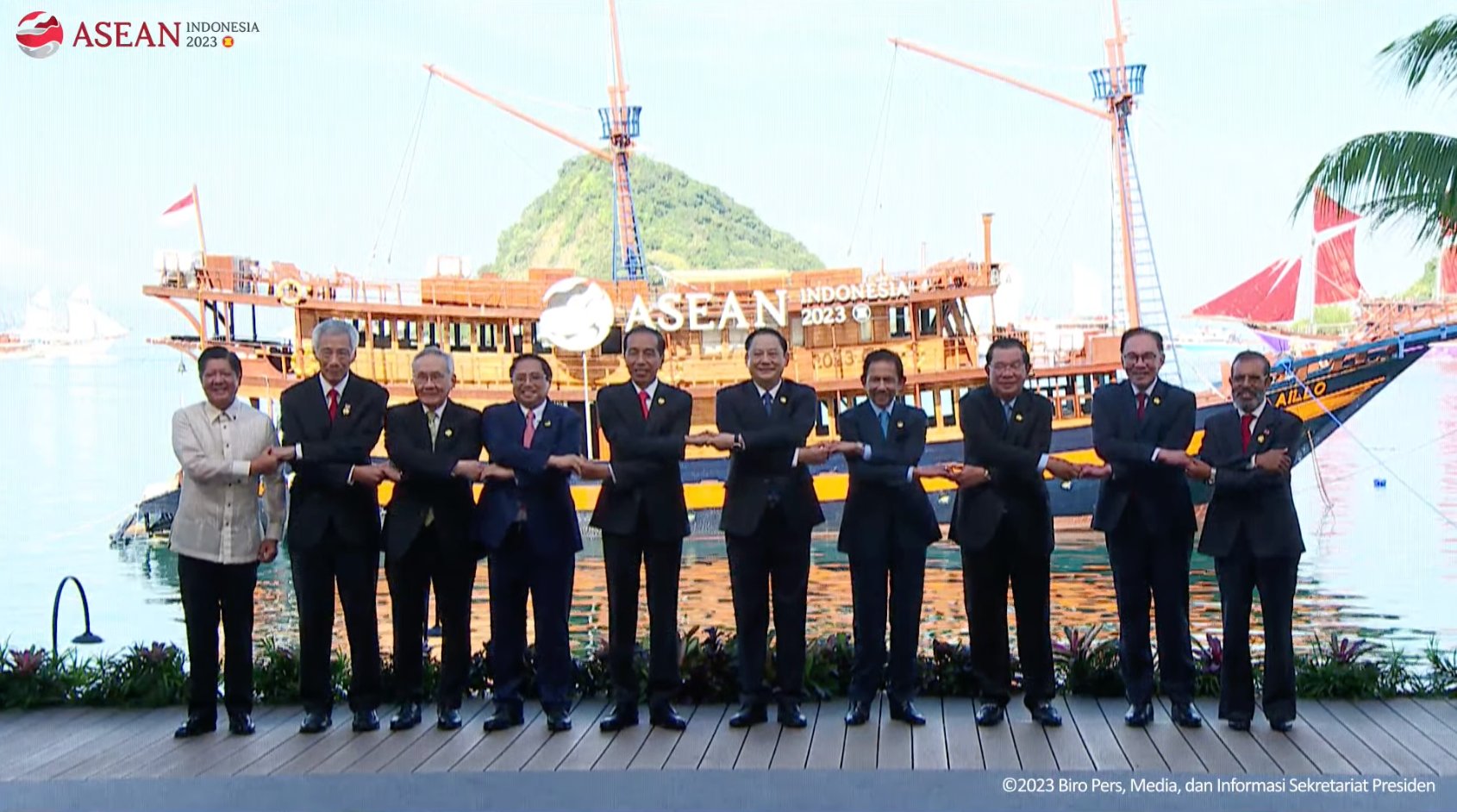
By INS Contributors
KUALA LUMPUR, Malaysia - Occupying a strategic location at the crossroads of Europe and Asia, Kazakhstan is key to the security of the region, allowing communications and economic prosperity not only for itself but for the wider region.
The stability of the country is underpinned by the country’s commitment to the democratic process, allowing its people to select their leaders and, therefore, allowing fair and equal representation at all levels of government and in return these elected representatives are obliged to address the various concerns of the people.
“As the world continues to navigate current geopolitical and economic challenges, a stable and thriving Kazakhstan is to the benefit of not just our own citizens, but to the whole region and beyond. Our political reforms, supported by competitive elections, is the foundation on which we will ensure our stability and continue to build our future,” Kazakhstan's Ambassador to Malaysia Bulat Sugurbayev said at a recent media briefing at the country’s embassy here.
Sugurbayev emphasized that the country has made significant reforms with the goal of having a more representative and inclusive government that will address the various challenges and aspirations of its people through local level elections.
The constitutional amendments that were implemented following the nationwide referendum in June 2022 have ushered in new democratic principles in Kazakhstan, including a more influential parliament, simplified registration for political parties, direct elections of mayors, among many other important measures.
Several political initiatives have been launched since January this year. Perhaps most significant is the establishment of the Constitutional Court for every citizen to be able to file.
The elections to the lower chamber of the Parliament and local legislative bodies will take place on March 19, following last year’s presidential elections held on 20 November 2022. Sugurbayev also pointed out how reforms in the country have opened up democratic space for various political parties.
Overall, seven parties are now registered in the country offering a plethora of political choices for the electorate. “Their participation in competitive elections will further contribute to strengthening a multi-party system by increasing plurality and influence in the parliament, an objective which our country has been working towards for the past several years,” he said.
The electoral threshold for parties to enter the Mazhilis (the lower house of parliament) has been reduced from seven to five percent, making it easier for the variety of parties to enter parliament and play an important role in increasing government accountability,” he added.
The ambassador also pointed to the implementation of a 30 percent quota for women, youth, and persons with special needs that mandates distribution of the members of parliament from the party lists: “This ensures wider representation in parliament of all groups of interest in Kazakhstan,” he added.








0 Comments
LEAVE A REPLY
Your email address will not be published